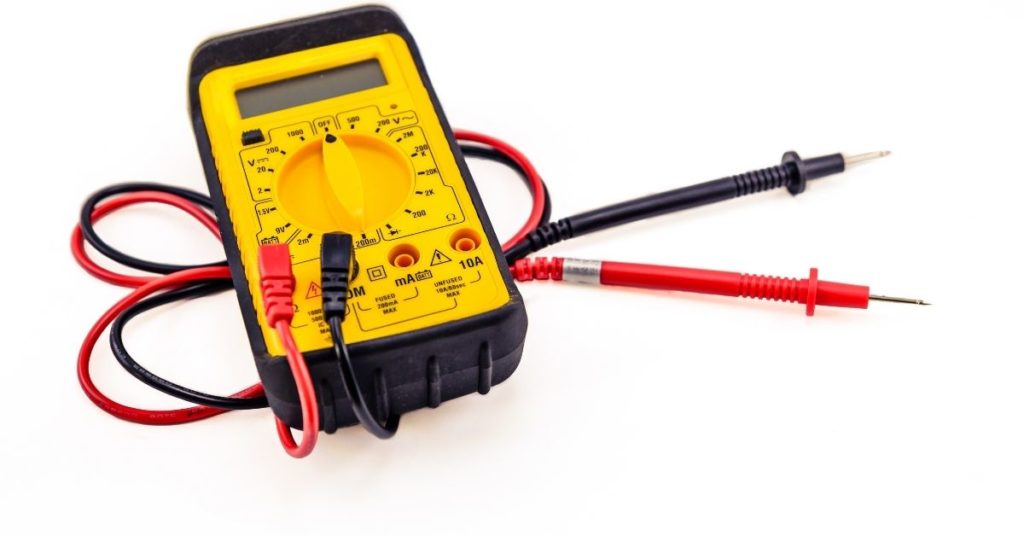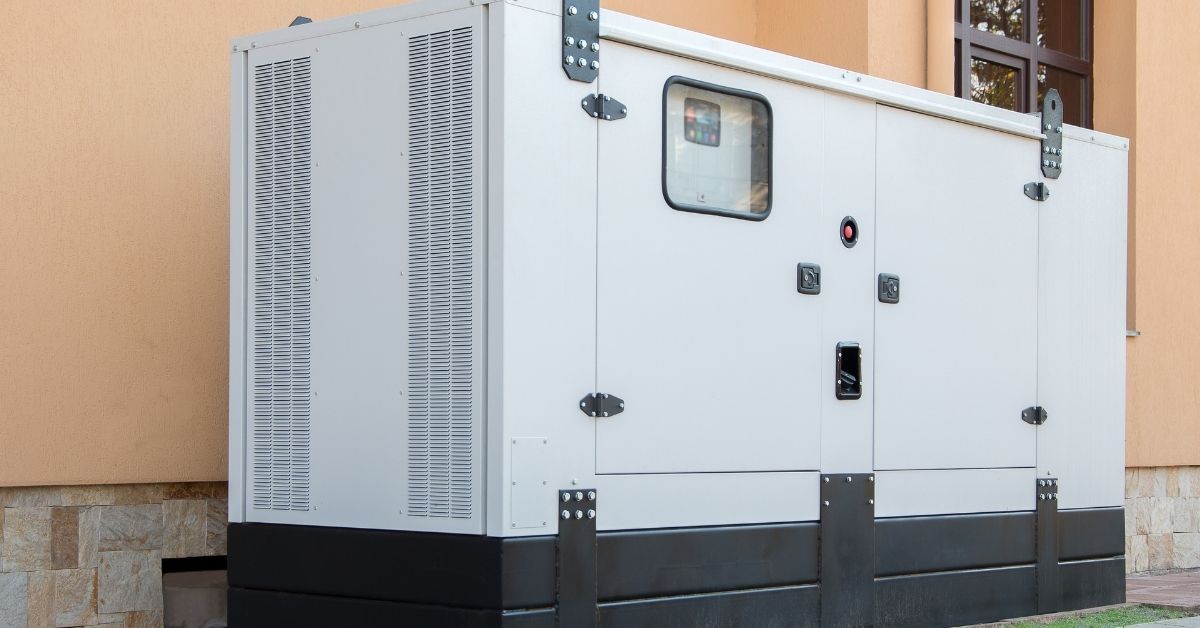Generators are lifesavers but only if they behave as you expect. If your generator’s voltage is too high, you should consult a professional that can diagnose and solve the problem. Overvoltage is serious. It is more than capable of destroying your equipment if it goes unchecked.
What Causes High Voltage In Generator?
If the generator voltage is too high, you can blame the problem on one or more of the following factors:
1). Unstable RPM
The speed of the engine will affect the voltage. If the RPM is unstable, it will result in equally unstable voltage output. This is why a consumer with a generator that is experiencing overvoltage is encouraged to listen to the sound of their generator.
The noise of a generator with an unstable RPM fluctuate. It is due to fluctuating engine speed on dirty or clogged fuel, a dirty fuel filter, and insufficient fuel, to mention but a few. A high RPM can result in a high generator voltage. You can also produce similar results by failing to accurately set the frequency (Hertz) of the generator.
2). Faulty Voltage Regulator
This should be your first consideration. A faulty voltage regulator can lead to overvoltage or under voltage.
3). Faulty Cable
A faulty output cable that is worn out, with a broken jacket and peeling insulation, can increase the resistance, causing short circuits and leading to a spike in the voltage output.
If the cable seems fine, make sure the connections and terminals are not loose or broken. Otherwise, they will affect the voltage output as well.
4). Measuring Voltage Before Attaching The Load
Are you absolutely certain that the generator voltage is too high? Some people think that their generator has developed an overvoltage problem because they measured the voltage before they attached the load.
But the output voltage of a generator that has no load is normally higher than the output voltage of a generator that has a load.
You will also notice overvoltage on load rejection. This is because the development causes the speed of the generator to rise which, in turn, allows the voltage to rise to higher levels than some consumers expect.
To determine whether or not the voltage is too high, check the manual. If the output voltage you have measured has not exceeded the threshold mentioned in the manual, you shouldn’t worry. A generator’s voltage can spike because it had a load but then you took that load off. This shouldn’t concern you either.
Related Post:
- What Is Automatic Voltage Regulator(AVR) For Generator?
- Generator Choke(Working Method, Purpose, Problems & Solutions)
- Generator Capacitor(Function,Type,Price,Problem)
- What Happens If You Don’t Ground A Generator?
How To Control The High Voltage? Solutions
1). Replace Damaged Voltage Regulator
If you have a faulty voltage regulator, you must replace it. You don’t have much of a choice in such a situation. A faulty regulator can wreak havoc on your generator’s functions, which is why you should replace it completely rather than making repairs if you have the money.
2). Clean The Fuel Filter
If you have problems with the RPM, clean the fuel filter and increase the volume of the fuel. Keep the fuel line smooth and unclogged. This assumes that you set the frequency correctly. Some people have generators with an RPM that is too high simply because they did not configure the generator’s settings properly.
This is the reason why it is very important to read the manual. It will show you the right settings for the RPM depending on the appliances you want to operate.
You can use the throttle to either raise or lower the RPM. Lowering the RPM will reduce the voltage.
Use a voltmeter to measure the voltage output while you adjust the throttle. This will allow you to keep the RPM within the required range. Pay close attention to the governor. The speed of the engine affects the governor, and the governor affects the amount of fuel coming in.
A damaged governor can contribute to the same RPM instabilities that can elevate the output voltage. You have to carry out proper maintenance to prevent the functions of the governor and actuator valve from deteriorating.
3). Replace Worn Out Cable
Replace cables that are damaged or worn out. Every connection should be checked to ensure that it is firm and secure. A technician will identify broken connections and terminals in your generator that you may have missed or ignored because you do not realize that they can make the voltage output unstable.
What Happens If Generator Voltage Is Too High?
Generator voltage that is too high will harm the sensitive components of electronic devices. The excess heat generated by the high voltage can destroy the circuit boards in your appliances.
Overvoltage can cause immediate or long-term damage. It doesn’t expect the motors of appliances to suffer as a result of mild overvoltage. This is because higher voltage levels typically reduce the amount of current drawn which cuts back on the amount of heat generated. But there is a limit to the voltage that a motor can withstand. If you cannot keep the motor cool, the heat will destroy it
What Voltage Is A High Output Generator Voltage?
For instance, if a 5kW generator is supposed to produce 120 volts and 41 amps; if the readings you have taken exceed these figures, you can comfortably conclude that the output voltage of the generator is too high.
Whether or not a generator’s output voltage is too high depends on the capacity of the generator in question. If you check a generator’s manual, it will show you the output you can expect.
How Can You Test The Voltage of Your Generator?

- To test the voltage of a generator, you need a voltmeter. Make sure you move the dial to the ‘AC Voltage’ setting. Otherwise, you ran the risk of blowing the fuse.
- Once you configure the voltmeter, connect the alligator clip to the frame of the generator. The other end of the black cable will enter the meter’s black socket. The goal is to ground the meter.
- Connect the meter’s red lead to the generator’s output plug. The display will show you the voltage. If the figure is higher than the voltage rating in the manual, the output voltage of the generator is too high.

